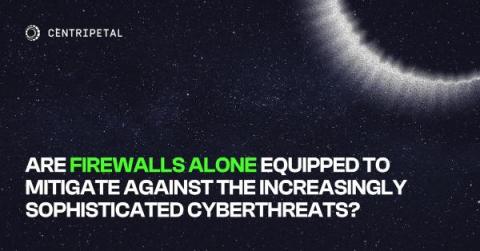ConnectWise Vulnerability: Authentication Bypass in ScreenConnect
Widespread exploitation of these vulnerabilities in the wild has been confirmed including comprise of UnitedHealth’s Change Healthcare on February 22nd, by Lockbit. Sophos has confirmed various strains of malware using these vulnerabilities as part of delivery including LockBit ransomware, AsyncRAT, infostealers, etc.






